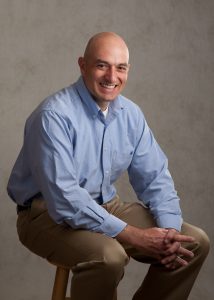Denver Patent News: U.S. Patent Office to open hubs in Silicon Valley, Dallas, Denver
The additional offices were authorized under an overhaul of the patent system signed into law last year.
Looking to file a patent in Colorado? You won’t have to work with Washington DC.
Silicon Valley, Dallas and Denver have all been selected as the new locations for regional patent offices as part of an effort to cut down on a backlog of applications awaiting review at the U.S. Patent and Trademark Office.
The agency has declared a “critical need for electrical engineers,” is trying to hire more examiners to cut into the 640,000 applications awaiting a first review. They are opening a satellite office July 13 in Detroit.
The patent office seeks to take advantage of a pool of engineers who understand technology and can work closer to where inventors work by expanding beyond its campus outside Washington, D.C., “Silicon Valley was a logical location to us, but it was by no means a foregone conclusion it would be in California or in Silicon Valley,” said Carl Guardino. Carl is the president of the Silicon Valley Leadership Group, which lobbied for more than three years to get a patent office there.
With more than 10,000 issued in 2010 according to agency data, Silicon Valley is the top recipient of patents.
An overhaul of the patent system signed into law last year authorized additional offices. Approximatel 600 applications were submitted, and the selections were based on geographic diversity, economic impact, the local workforce and proximity to companies that are submitting applications.
According to David Kappos, the director of the Patent and Trademark Office: “The single most important step we can take to support an economy built to last is to bring new inventions to market as quickly as possible,”.
Kappos said the regional offices would become hubs with “a tangible impact on each city’s innovation economy,” and that the office could bring in law firms, entrepreneurs and investors as a sort of ecosystem to interact with the agency.
The four offices might also develop their own expertise to reflect their local economies — Detroit for automotive, paints and metallurgy; Dallas for energy; Denver for aerospace; and Silicon Valley for electronics and biotechnology.
According to Kappos, Denver also was selected in part because it has a large number of veterans with advanced degrees, which is in line with President Obama’s policy to hire more veterans.
Despite tough competition from Portland; Seattle; Salt Lake City; and Albuquerque, N.M., Denver was awarded the location because of its educated workforce, relatively low cost of living and research in bioscience, aerospace and renewable energy.

